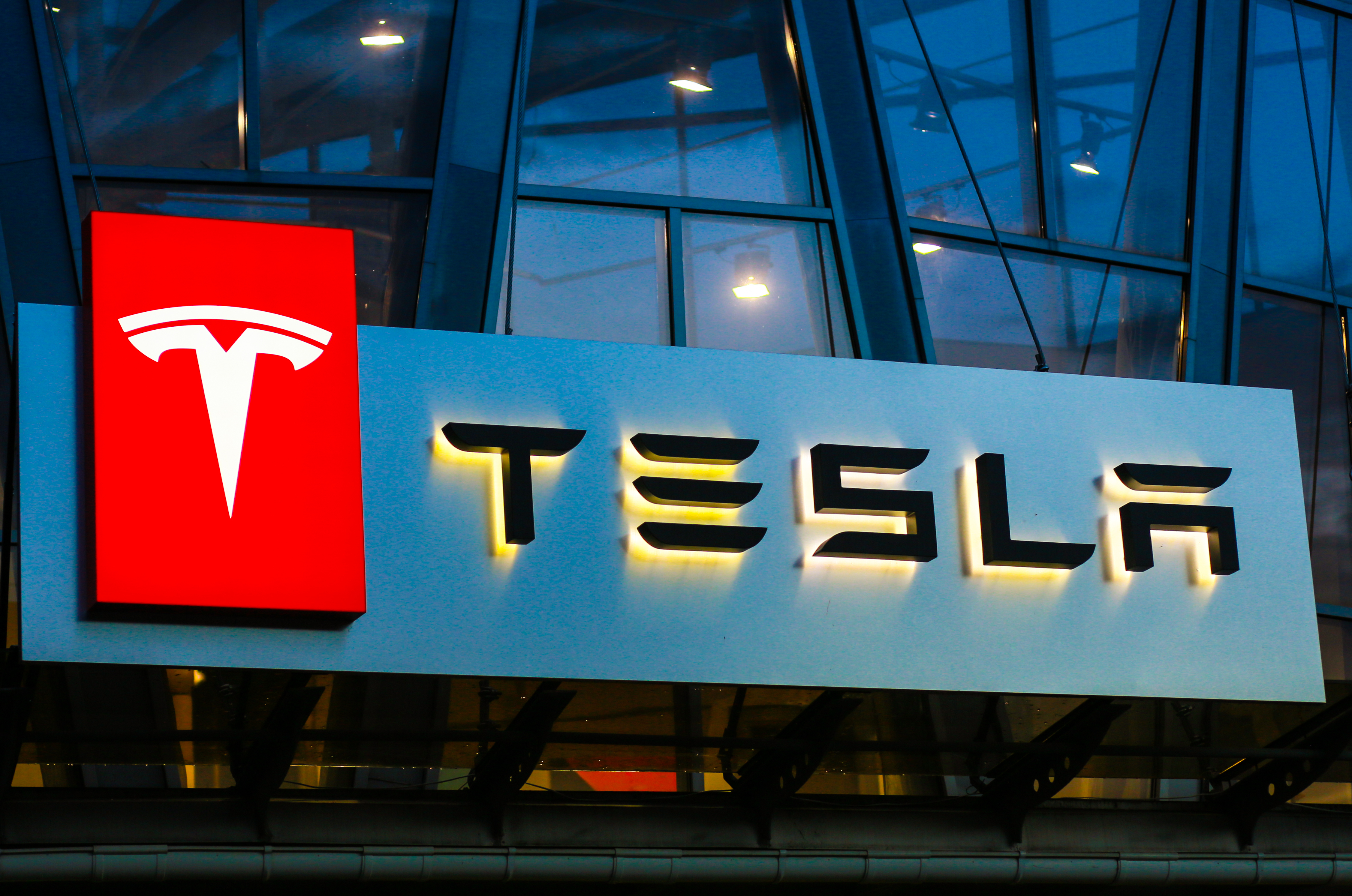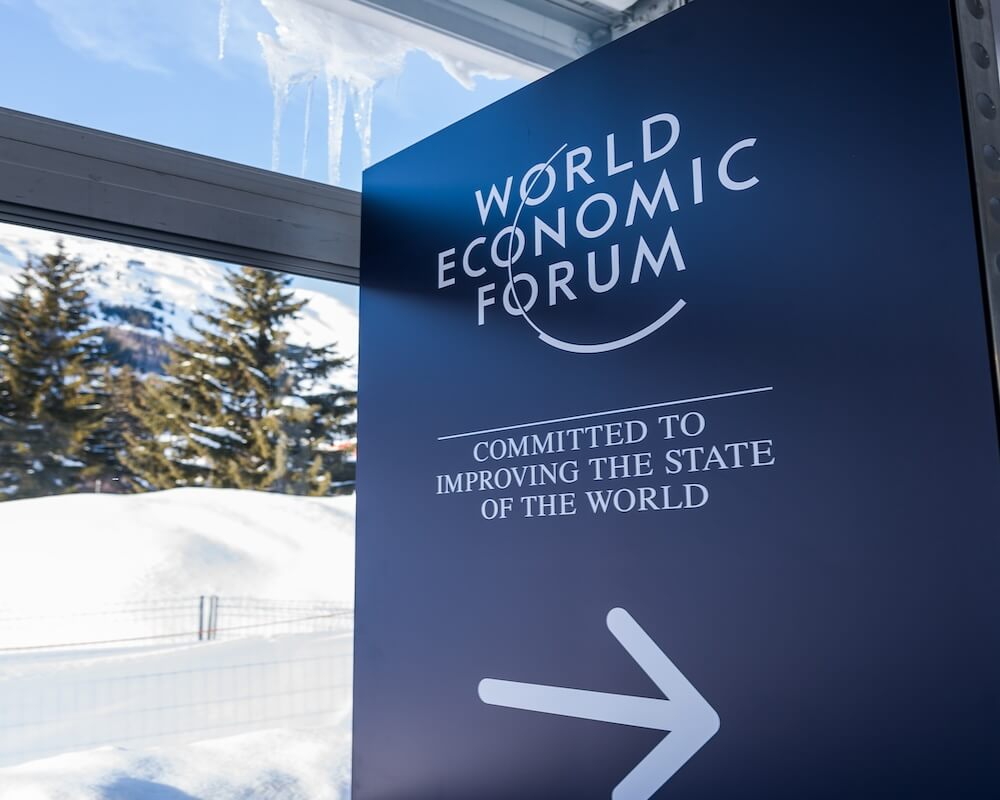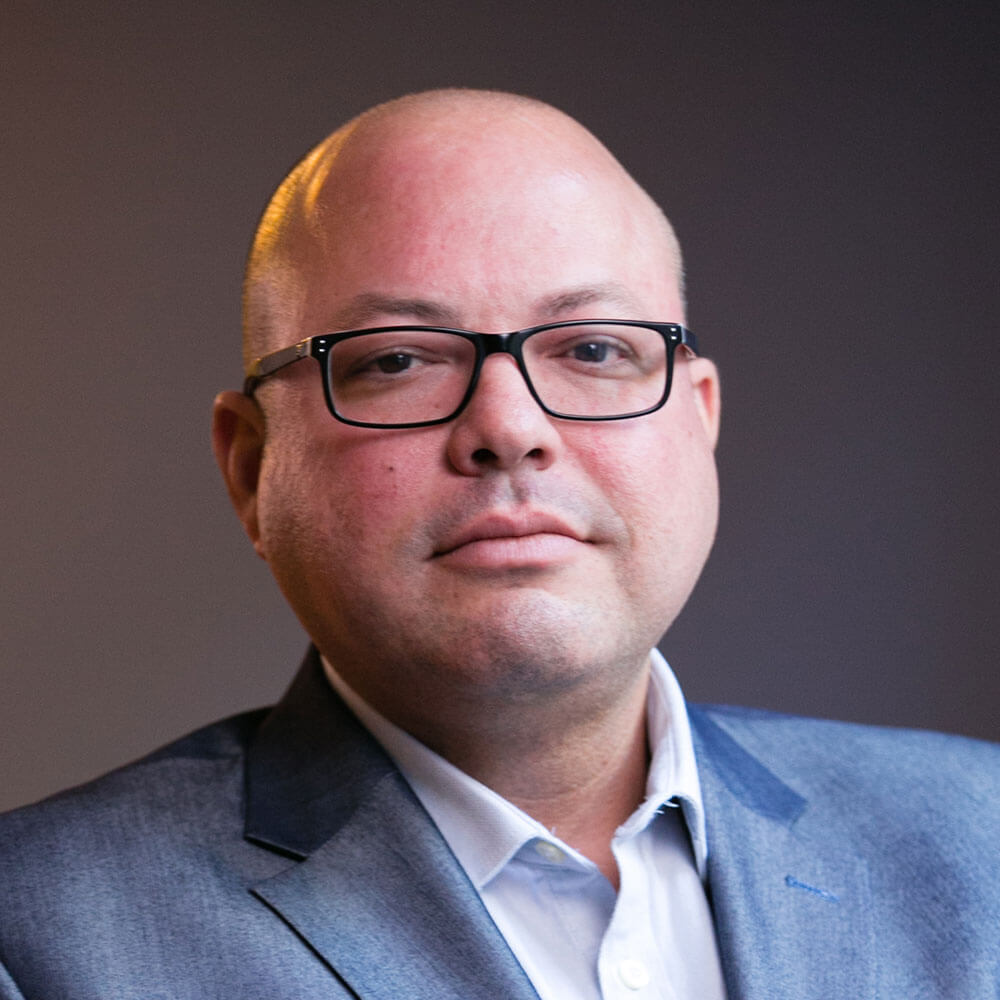
Posted June 21, 2023
By Ray Blanco
Tesla Charges Ahead
A major obstacle in the campaign for moving away from gas-powered vehicles has led to a rather unconventional solution.
Industry leader Tesla (NASDAQ: TSLA) has stepped up to offer yet another competitor access to its fast-charging network.
The second largest American EV-only manufacturer, Rivian (NASDAQ: RIVN), has reached a deal with Tesla to access 12,000 of their fast-charging stations across the United States and Canada.
Similar deals have already been reached with General Motors and Ford for their electric vehicle models.
While drivers of Ford and GM’s EVs won’t be able to use Tesla chargers until 2025, anyone who owns Rivian’s R1T and R1S models will have access next year.
Typically, you wouldn’t see a company like Tesla, who has a stranglehold on the EV sales in the US, making life easier for their competitors. But the lofty goals and lucrative incentives for EV adoption have led to some strange bedfellows.
The Biden Administration has set an ambitious (if not unrealistic) standard of having half of all car sales in America be electric vehicles by 2030.
With only 5.7% of car sales in the US being fully electric in 2022, there is a long way to go…
And the difficulties of fully revolutionizing the country’s vehicle infrastructure are already starting to show.
Huge gaps still exist between fast-charging stations (chargers that can fully power a car in 30 minutes), which has led to anxiety among EV drivers about being stranded when their batteries run out of juice while far from home.
These limitations in the nation’s charging network also contribute to the reluctance for people who have yet to embrace the shift away from gas-powered vehicles.
Under 2021’s Bipartisan Infrastructure Law, the Federal government dedicated $7.5 billion towards building up America’s charging network. However, despite government incentives and increased competition, Tesla still easily accounts for the majority of the country’s fast-charging stations.

Tesla being so far ahead on the EV trend has put them in the favorable position of controlling the infrastructure for all EVs, and with it, the future of EV adoption.
The company has been coordinating with the Biden administration, reaching an agreement for a minimum amount of equipment to be supplied to other vehicle brands.
So far, it seems like CEO Elon Musk is happy to share “for the greater good”, saying during a Twitter live chat…
“We have a real opportunity here to really drive this to be the unified standard for North America. It really will be an even playing field. I think people should be comfortable buying a Tesla or a GM, and we will provide support equally.”
What’s In It For Me?
You know it’s never quite that simple when a company worth over $800 billion does something because “it’s the right thing to do”.
Of course, Tesla stands to benefit greatly from being so charitable with their charging stations.
In fact, Tesla does not qualify for the federal incentives for building new chargers unless they make them available to drivers of vehicles other than their own.
There is, obviously, the fact that making more cars usable at their fast-charging stations means there are more customers that are giving them more money. While many publicly available charging stations that you’d see in parking lots of shopping centers are free, fast-charging stations are not. A full charge runs roughly ~$22,
So, when looking at it from the perspective of a company trying to grow its consumer-base, the decision to support their own competition starts to make a little more sense…
According to Bernstein analyst Toni Sacconaghi, Tesla stands to gain additional revenue ranging in the hundreds of millions of dollars.
The decision does however come at the risk of upsetting their existing customers, as charger wait-times are already a significant issue even before they’ve been made compatible with other EV models.
Long waits are an issue Tesla has acknowledged, so far addressing the issue by pledging to double their total of fast-chargers nationwide in the next year. They also deploy mobile charging stations in high-demand areas during peak hours.
Still, many existing and prospective Tesla owners are concerned that the company won’t be able to keep up with providing for the nation’s entire fleet of electric vehicles.
With that, we’d like to hear your thoughts. Are you a Tesla owner? Are you concerned about increased wait times once fast-chargers are open to everyone? Would this affect your decision to buy a Tesla? Or would a large network of chargers convince you to buy an electric vehicle? Let us know about this, or anything else at feedback@technologyprofits.com.

